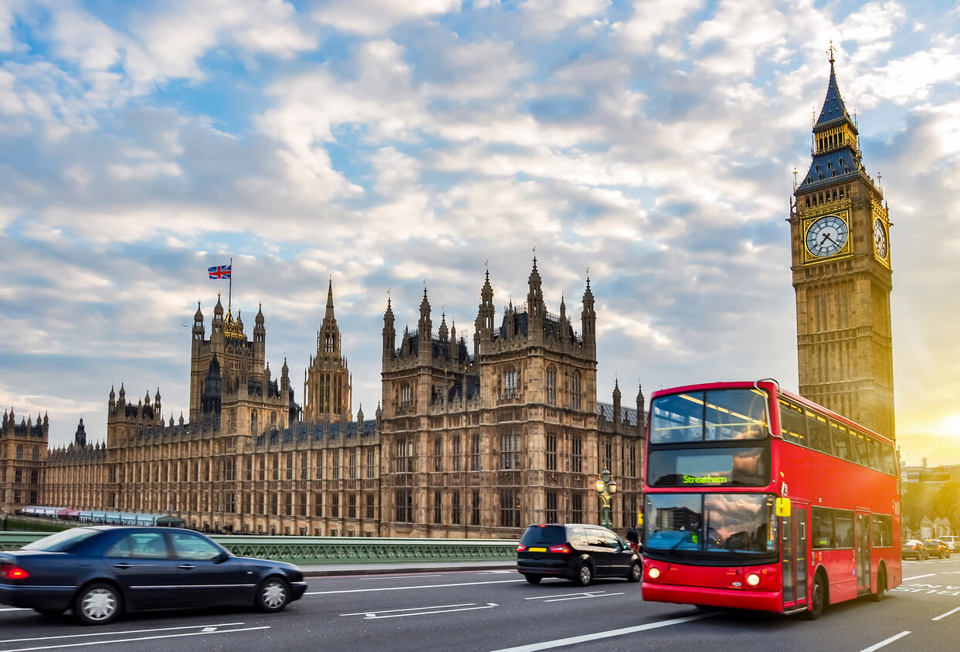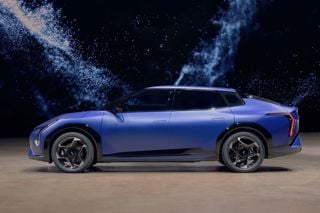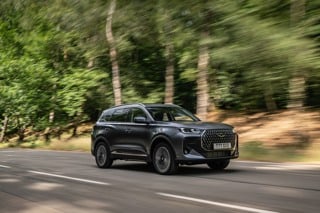Sophisticated road-user charging, which takes account of emissions and miles driven, will not be introduced in London any time soon.
That was the message from the mayor of London Sadiq Khan and Mike Brown, London’s traffic commissioner, who said technology for the ultra-low emission zone (ULEZ) was their number one priority.
The mayor’s transport strategy, published last June, made a commitment for Transport for London (TfL) to investigate proposals for the next generation of road-user charging systems.
However, Khan told the London Assembly: “Our current focus is getting the technology right for the ULEZ.”
London’s ULEZ will come into force from April 8, 2019. It will replace the Toxicity Charge (T-charge), which was introduced last October.
The ULEZ will operate in the same area as the T-charge, alongside the congestion charge but (unlike the T-Charge and congestion charge, which are only in place on weekdays) it will operate 24 hours a day, seven days a week, 365 days a year.
Khan said: “We’ve got to think about making sure we can set car usage in relation to time of day, the emissions you’re churning out from your car and the number of miles you’re travelling. We have to think about how we make people pay for what they use.”
However, he said, with the ULEZ being launched next year, a more sophisticated road-user charging system for the capital was not their number one priority.
Brown admitted the technology was already available, but said: “What I would like to be in a position to do is have those options (of a more sophisticated road-user charging system) available within the next few years and then we can consider how they might be applied.”
Khan says TfL will work to make London’s entire road transport system zero emission by 2050 at the latest. This will be delivered through a phased approach, building on the introduction of the ULEZ and the T-charge.
Central London and individual borough town centre zero emission zones will be introduced from 2025, leading to a zero emission zone in inner London by 2040 and a London-wide zone by 2050.
Considering the change in emissions restrictions this would bring, London deputy mayor for transport Val Shawcross said any system would need to be able to adapt to change.
She explained: “One of the most important things that we’ve got to do with the next generation of technology is make sure it is future-proof.”
However, Green assembly member (AM) Sian Berry claimed the mayor and TfL were stalling on its introduction. She told Khan: “I am worried you’re going to leave this up to your successor and it’s going to become a political football.”
Khan was facing questions from the London Assembly on his draft transport strategy, where he was also told he and TfL need to do more to discourage vehicle idling in the capital.
Some London boroughs have started fining motorists if they leave their engines running when they park up. ‘Air marshals’ patrolling Westminster have been able to issue motorists with an £80 penalty charge notice since June. A similar scheme in Camden started this month.
Meanwhile, Vehicle Idling Action, a London-wide campaign involving TfL, was launched in October 2016, to educate motorists by talking to offenders rather than fining them. The campaign is funded by the mayor’s air quality fund.
Caroline Pidgeon, Liberal Democrat AM, said: “If every car, van, taxi and lorry driver stopped idling it would not end air pollution in London, but it would certainly make a real difference and a difference that could be quickly and easily made.
“The mayor and TfL need to step up their activities and ensure that idling of vehicles and the unnecessary pollution they create becomes a thing of the past.”
She proposed a motion, which was agreed unanimously by the London Assembly, to encourage action to tackle air pollution by reducing the idling of all road vehicle engines – including private cars, taxis, private hire vehicles, public sector vehicles, buses, coaches, vans and lorries.
Tom Copley AM, who seconded the motion said: “I am calling upon the mayor to push TfL to deliver more ambitious and effective policies to reduce engine idling, alongside implementing a more extensive public awareness campaign to dissuade road users from allowing their vehicle to idle and exacerbate London’s poor air quality.”






















Login to comment
Comments
No comments have been made yet.